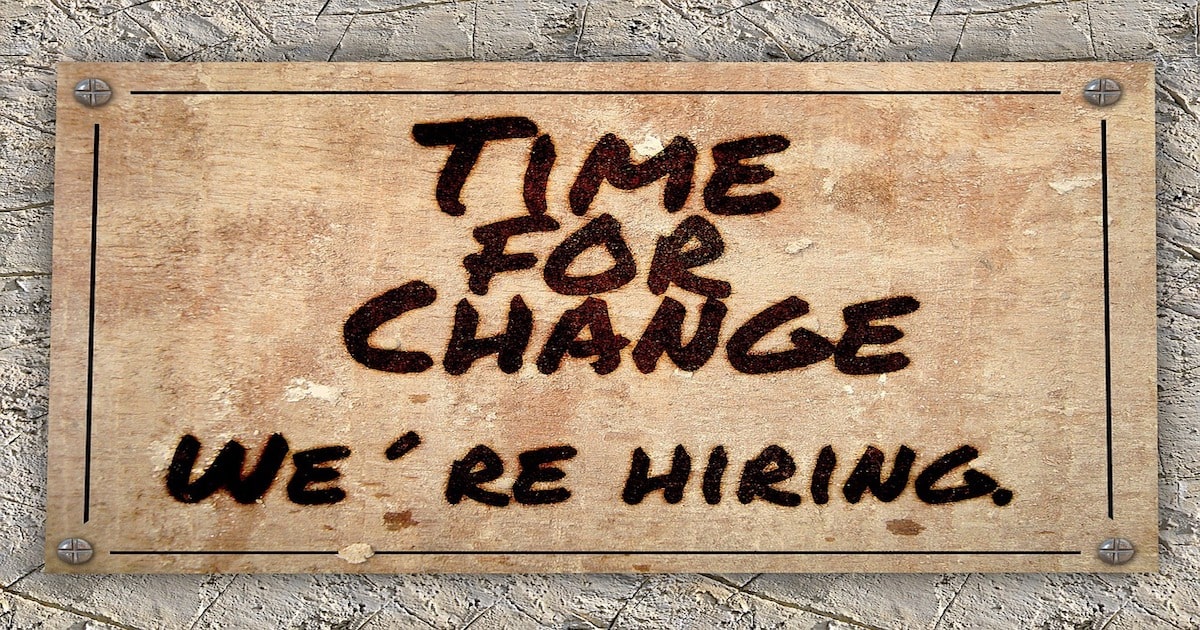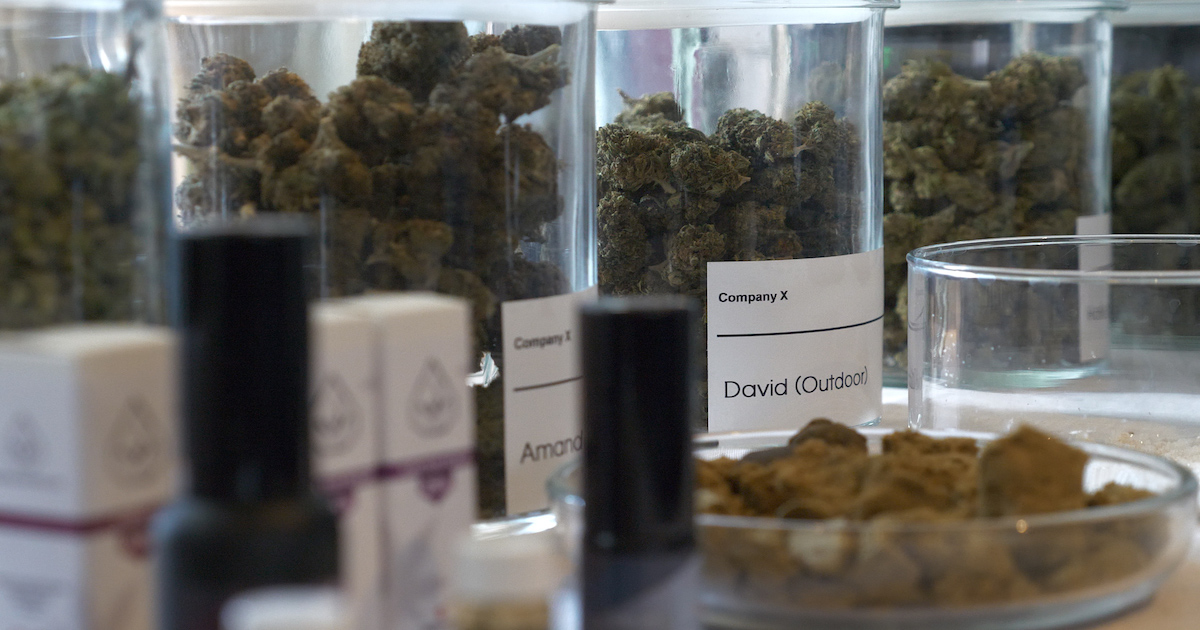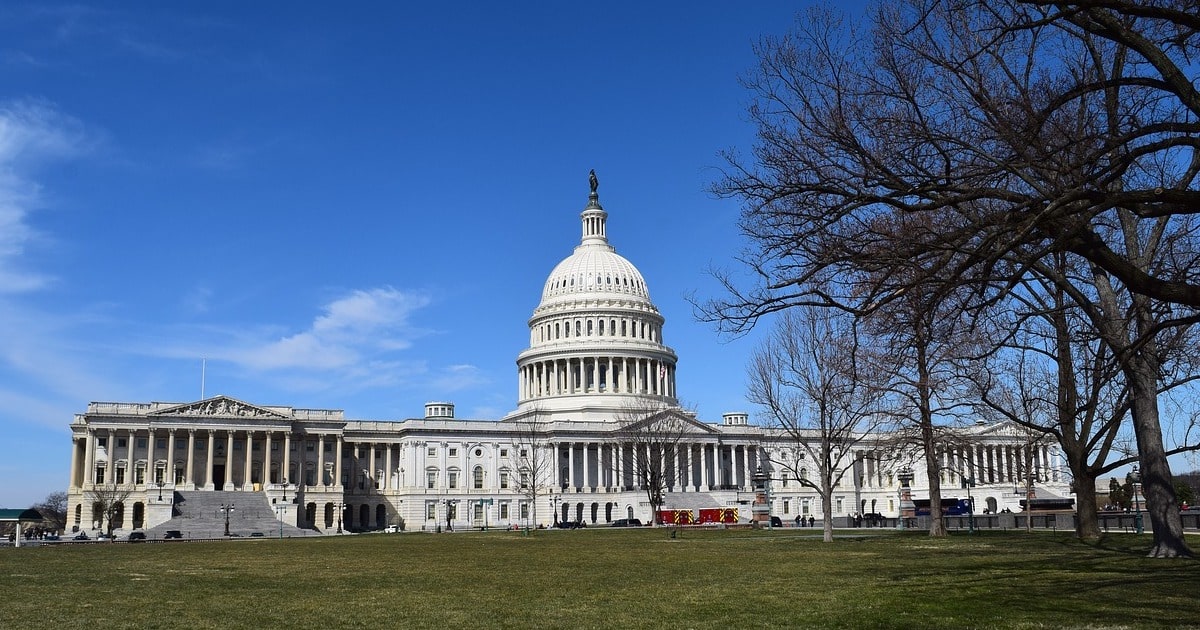
Forbes: U.S. Falling Behind in the Global Cannabis Market

Forbes: U.S. Falling Behind in the Global Cannabis Market
The U.S. cannabis community just won a few more electoral victories and the next congressional session is looking better than ever, with more members of Congress (finally) agreeing with the 2/3 of Americans that support legalization, so the future is looking bright. Donald Trump has even signaled that he’s inclined to vote for the STATES Act, a bill that would effectively end federal cannabis prohibition and allow states to freely enact their own marijuana policies without federal interference.
The United States needs to move quickly with so much progress being made around the world. Canadian cannabis companies are getting a head start, and Mexico’s Supreme Court may have just forced Mexico’s hand on ending prohibition, and president-elect López Obrador has indicated his willingness to reform failed Drug War Policies. As Nick Kovacevich, CEO of KushCo Holdings notes in Forbes, the rest of the world has taken major steps forward, and the United States is falling behind and needs to play catchup quick:
López Obrador and Mexico aren’t alone in the push to decriminalize cannabis. Uruguay and Canada have already made recreational use legal, while 30 countries (and 33 U.S. states), including Australia, Germany and Israel, have legalized some type of cannabis use. Those numbers are growing. A dozen or more countries have started on the path to full legalization of the plant.
Spain and the Netherlands allow recreational use at designated cafes. Jamaica and the Czech Republic have burgeoning cannabis tourism industries, and have acknowledged them by starting to decriminalize medical use and possession of small amounts. After taking office last year, French President Emmanuel Macron followed through on a campaign promise to eliminate mandatory prison sentences for minor cannabis possession. Colombia and Portugal have strong grassroots legalization movements and growing government support. All these countries are often listed on “most likely to legalize next” lists.
***
As long as cannabis remains illegal at the federal level, American companies are unable to compete for, or have access to, the same opportunities as their foreign competitors. Among other things, it’s impossible for them to sign government contracts — here or overseas — or build facilities in other countries to cater to the growing local markets around the world.
While the United States truly needs to move quickly to end federal prohibition, and that is a daunting task, the path to doing so is right in front of us. Congressman Earl Blumenauer, a frequent presenter at the International Cannabis Business Conference, has provided a blueprint for the upcoming Democratic House. While the Republican-controlled Senate will be a tougher obstacle, a united Democratic caucus, joined by several supportive Republicans, such as Colorado’s Corey Gardner and Kentucky’s Rand Paul, and a major public lobbying effort, may get Senate Majority Leader Mitch McConnell to put the STATES Act up for a vote.
The time to end cannabis prohibition is upon us next year. We need to make it happen. If anyone in Washington, D.C., stands in the way, they need to lose their job in 2020.
The best place to learn the latest information and network with top investors, entrepreneurs, and advocates is the International Cannabis Business Conference in San Francisco this February 7-8, 2019. To save money and secure your spot at this expected-to-sell-out event, purchase your early-bird tickets by January 18th. After San Francisco, the ICBC will be heading to Barcelona, Spain, on March 14th and then returning to Berlin, Germany from March 31st to April 2nd. Stay tuned for more announcements regarding future locales.
Share article


Share article
Join Our Awesome Community
Join Our Awesome Community
Join Our Awesome
Community
Get all the latest industry news
delivered to your inbox







